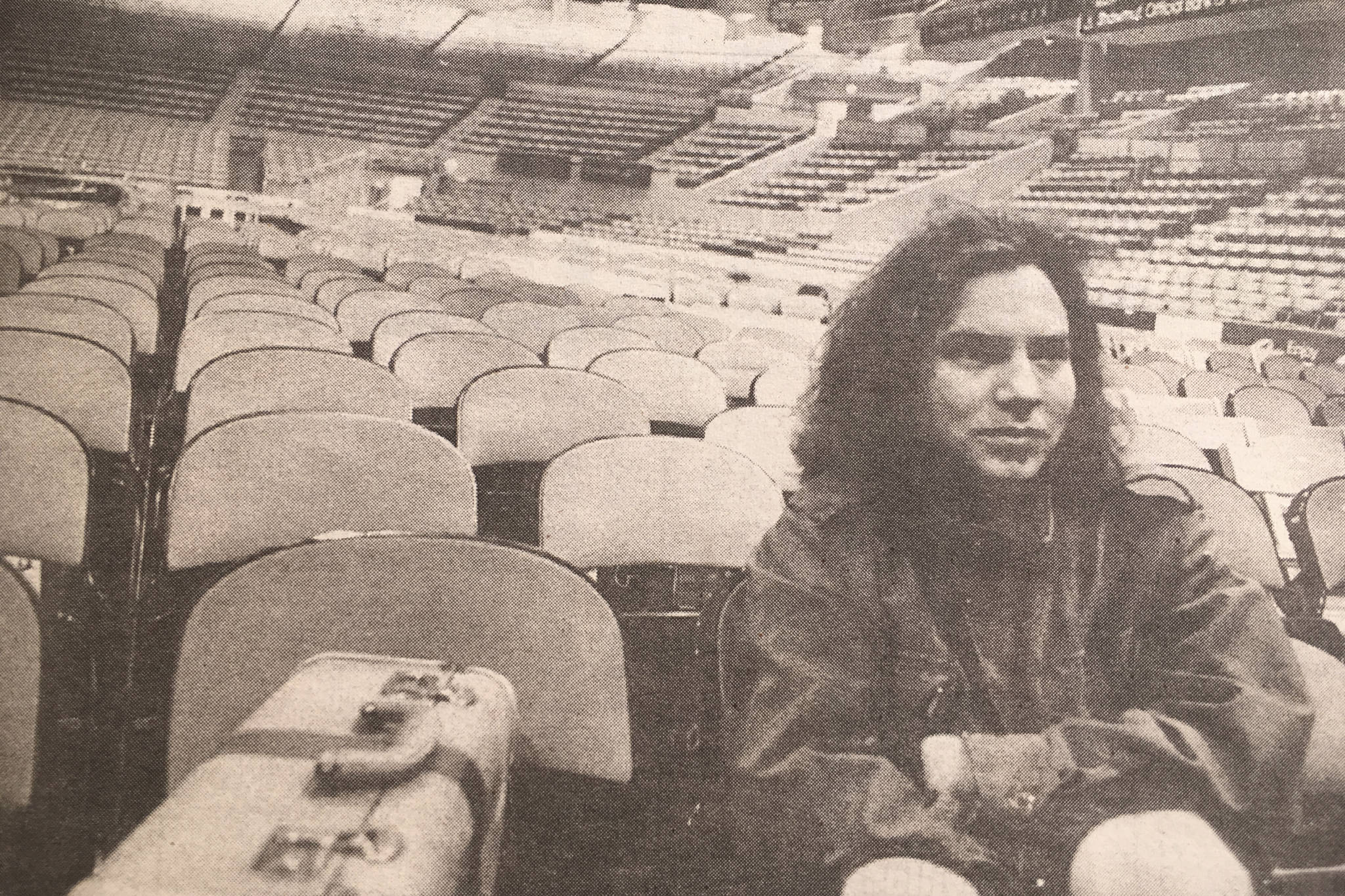They’re Seattle’s untouchables, the citizens no one wants. Forced out of their homes, shunted from neighborhood to neighborhood in search of ever-poorer (and ever-pricier) housing, they are being all but squeezed out of the Seattle-area housing market into ever-more-distant apartments in Pierce and Snohomish counties. And there is no relief on the horizon. “Only 3,000 to 4,000 new units are being permitted and planned for Seattle in the next year,” says former Seattle Mayor Wes Ulman. “It won’t even come close to meeting the demand.”
Who are these people being driven out of town? Drug dealers? Prostitutes? Thieves? The chronically unemployed?
No. These hordes of undesirables are gainfully employed bureaucrats, office workers, artists, waiters, waitresses, and other working stiffs who all have one lamentable thing in common: They are renters. The fact that they own no property is fast turning into a form of statelessness as the unprecedented heat of the Northwest economy drives property and home prices to unimaginably high levels, and growth-management and zoning policies by local governments make housing—already made scarce by high market demand—even scarcer by taking millions of acres of land out of the new-housing arena.
The good news—that Seattle’s job market is better than ever, that thousands of new people are moving to the area every month, and that per capita income is spiraling ever higher—is a pleasant distraction from the real news, which is bad: Seattle, long a city of economic diversity, is becoming a city of economic polarity.
THE SORT OF TALE that’s become increasingly typical befell David Brummel and his fellow tenants in the 18-unit Pelican Bay Apartments on 19th Avenue East, on the east slope of Capitol Hill. Last August, they were informed that their rents would immediately rise by an average of 17 percent—in Brummel’s case, from $600 to $725 per month for a 600-square-foot, one-bedroom apartment. In short order, the tenants, some of whom had lived in their apartments for more than 15 years, began moving out: “Our community is dwindling away,” laments Brummel. If the trend already established in the block’s other two buildings (owned, like Pelican Bay, by Bellevue’s Ron Danz) continues, the vacant apartments will be remodeled, the rents raised even higher, and tonier tenants invited in.
So it goes, says the Seattle Tenants Union—all over the city. This year has seen an unprecedented hike in rental rates. “We are getting 15,000 calls a year on our hotline,” says Siobhan Ring of the Tenants Union, “and we are hearing a lot now from tenants who are getting rent increases in the 20 percent to 40 percent range, as opposed to former 10 percent raises.”
Ring’s contention is borne out by both the Apartment Owners Association and Dupre + Scott Apartment Advisors, generally regarded as the most reliable source of apartment-market information in the area. Figures from both organizations show rents rising in virtually every Puget Sound neighborhood, from the $45 average hike for Ballard studios (from $486 to $529) to the whopping $764 jump for a three-bedroom First Hill apartment ($921 to $1,675).
The only thing worse than the cost of living for renters in Seattle is the scarcity of places to live. Vacancy rates in Seattle proper have plummeted, with Magnolia (0 percent) leading the dismal-news charts, and Madison and First Hill being the only neighborhoods north of Rainier Valley to rise above 2.1 percent. So not only are apartments becoming unaffordable—there aren’t any left for people not to afford.
Ex-Mayor Ulman, now president of the Apartment Owners Association, attributes part of the affordability problem to the failure of landlords to keep up with their costs. “Rental rates have badly lagged behind the inflation rate,” he says, “and now owners are attempting to catch up with their expenses.” The influx of newcomers into the region has shifted the laws of supply and demand so dramatically that landlords can effectively charge whatever they want.
THE MARKET IS, HOWEVER, aided and abetted by public policy—and even Ulman, whose current constituency is getting fatoff that market, views recent policies with dismay. The shortage of affordable rental housing is caused in large part by local governments trying to attract upscale residents. Land use regulations in open spaces, designed to keep density low, have taken land off the market and driven up the price of what is left. Downzoning in nearly every Puget Sound city and town has made it nearly impossible for builders to invest in low-cost apartments.
“There is very little new affordable housing being built,” Ulman says, “because the Growth Management rules have made land so much more expensive. Builders can’t afford to put low-end housing on expensive land.” Ulman also points to market-skewing decisions by the cities of Renton and SeaTac to institute moratoriums on new apartment construction, and a large-scale downzoning in Burien that ruled out apartment construction everywhere but downtown. Since downtown land is Burien’s most expensive, the rules amount to an outright outlawing of apartment construction. “Renters are second-class citizens, for some reason,” Ulman says. “There’s an anti-apartment bias on the part of policymakers. All of these cities are saying, ‘We don’t want any apartments here.'”
BELEAGUERED RENTERS would appear to have little recourse other than to hope for a shift in the marketplace. New City Council member Nick Licata, who spearheaded a successful drive in 1978 for a moratorium on condo conversions, has been spending a lot of his time lately at tenant meetings, where he is asked over and over again to do something. But he doesn’t see any simple solutions this time around: “The cost of land is driving everything else, and it means, among other things, that new housing is going to be upper-end housing. The old rent-control route, even without a state law banning it, probably could never be passed. This is a really big conundrum—there are no quick fixes.”
Even the Tenants Union’s Ring concedes that tenants have no legal redress. “There’s nothing more frustrating than getting a totally legal rent increase and not being able to do anything about it,” she says. Except move to Casino Road and, maybe, hope for a Microsoft Slump to match the Boeing Bust of the early ’70s.






